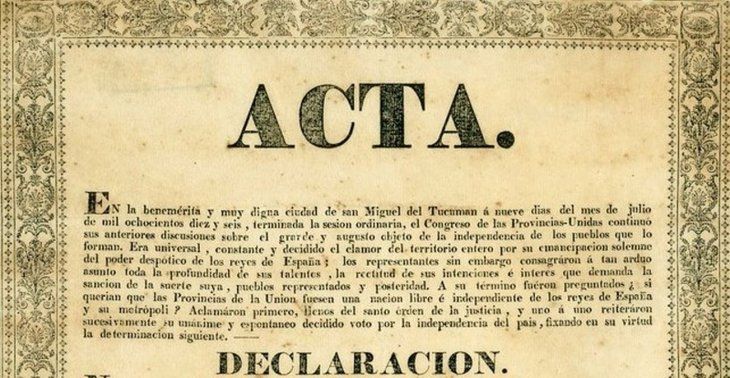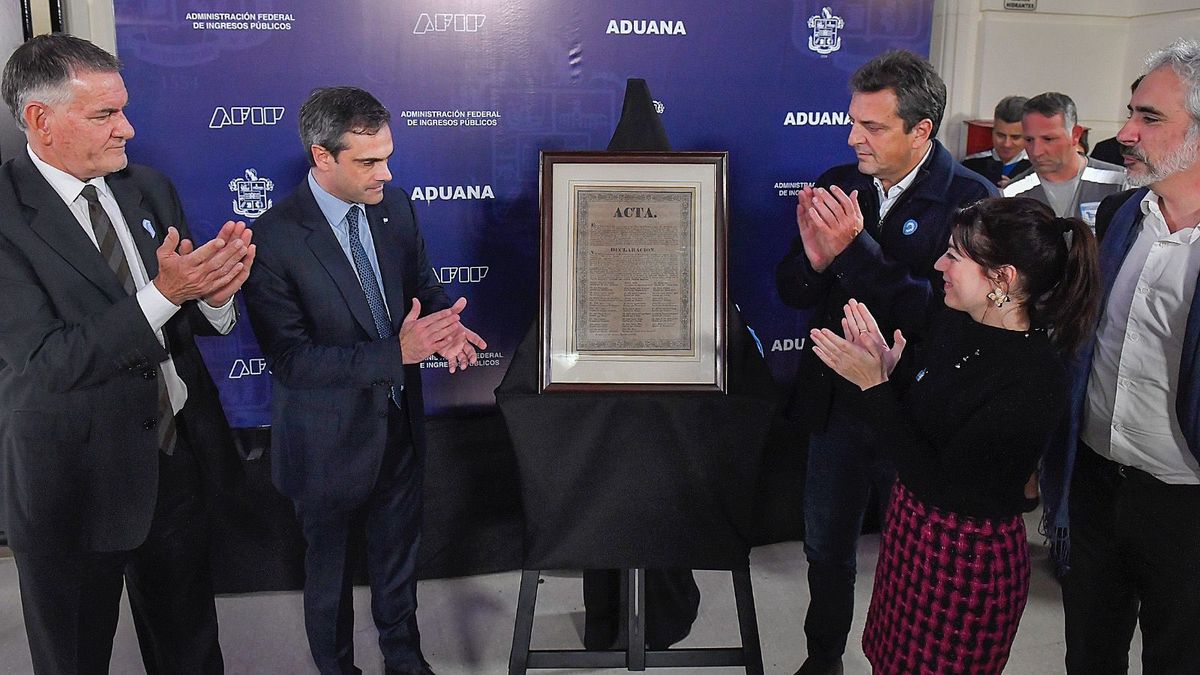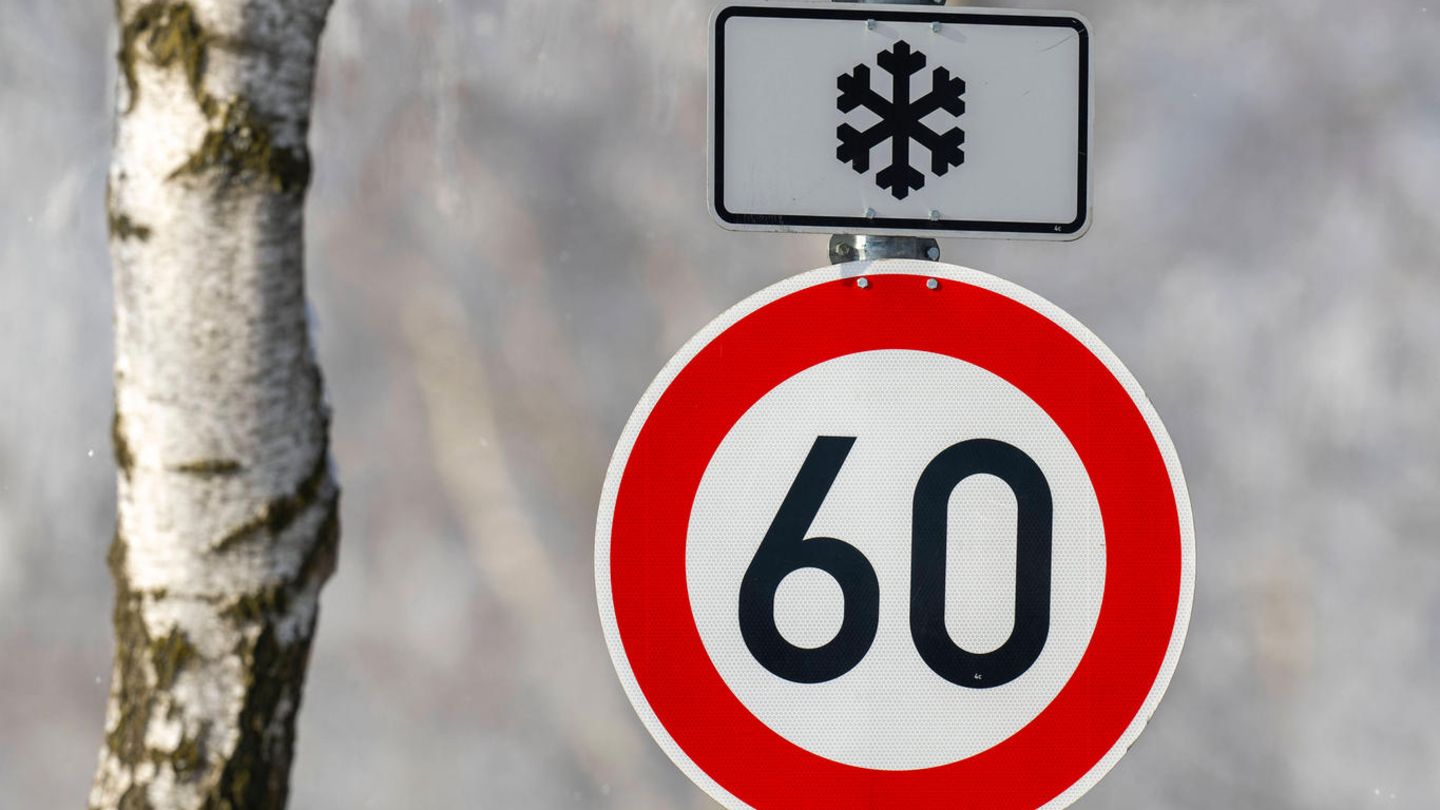The ceremony took place at Customs and, in addition to the Minister of Economy, the Federal Director of Customs, William Micheland the federal administrator of Public Revenues, Carlos Castagnettoamong other officials, trade unionists and leaders.
Sergio Massa and the defense of Customs
Massa was in charge of the closing speech and made a strong demand for the role of Customs and its workers. “Every time they attacked Customs, it was at times when there was free will in paying taxes,” he said.
In this vein, the official assured that “each customs officer is the first arm of the State in the defense of our public accounts, our reserves and our sovereignty.”
Immediately afterwards, he thanked the customs officers, since he considered that “Without the work of all of you, putting an end to the festival of judicial authorizations with precautions to violate our reserves would have been impossible,” and he defined this practice as a “mania of stealing taxes from us.”
mass customs (2).jpeg
“They are white-collar thieves, who avoid or intend to avoid their obligations to the State. So, it is less money for retirements, it is less money for family allowances, to invest in works to improve people’s lives,” Massa said in reference to those who under-invoiced imports.
In this regard, the official said that “Each of the different contrabands that are detected in the country is an act of defense of our Nation, an act of defense of our Homeland, an act of protection of our reserves, an act of defense of the resources of the public sector and it is In short, a service to the Homeland that each customs officer provides.”
Raids in banks and financial institutions
Personnel from the General Directorate of Customs and agents of the Federal Police today raided banks and financial entities in the “city” of Buenos Aires, within the framework of an investigation for alleged fraudulent maneuvers in the exchange market.
As reported to the press, individuals and companies would have been in charge of circumventing the import authorization system for the purchase of dollars at the official price in order to transfer them abroad later.
The personnel in charge of the procedure carried out 23 raids in total and arrested a false accountant from Mar del Plata and an unfaithful employee of a bank entity that was not revealed. Both are accused of being “false managers” who adulterated the SIMIs, the previous import tools, and then offered their services to bogus companies.
Through this maneuver, known as “curl” in the “city” of Buenos Aires, these companies managed to get hold of some US$ 5.5 million abroad, especially in accounts in Miami, United States, regardless of anything, according to reports. emerges from the investigation.
historical document
The reason for the act was to officially present one of the 1,500 original prints of the Independence Act of 1816 that Juan Martin de Pueyrredon he sent to print on August 13 of that year.
Customs rescued the document “after an operation that began with the exchange of international information” since “The Ministry of Culture of Peru alerted about the theft of a handwritten book from the year 1772” and then the body led by Guillermo Michel gave intervention to the Justice, which ordered raids in which historical documents were rescued, including this print.
Independence Day Act 2023.jpg

The act takes on greater value because the handwritten declaration signed by the representatives of the United Provinces of the Río de la Plata disappeared and “the copies – today considered originals – bear a imprint that certifies it. In the last 200 years, few have have survived in museums and archives, which makes them true national treasures,” reported the General Directorate of Customs in a statement released today.
In 1916, when the festivities for the Centennial of Independence were being prepared, President Victorino de la Plaza ordered a search for the original handwritten act, without luck and “president Arturo Illia did the same thing fifty years later, but the original act still exists today still missing.”
The operation led by Customs began thanks toThe international exchange of information, after the Ministry of Culture of Peru alerted about the theft of a handwritten book, written between 1772 and 1773, which was kept at the San Antonio Abad National University in Cusco.
An investigative task detected that the document was for sale in a virtual bookstore specialized in the commercialization of rare and old books, based in Buenos Aires.
It was in this context that Customs intervened in the Economic Criminal Court and carried out eight raids on different AMBA homes.
Source: Ambito




